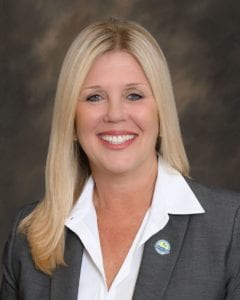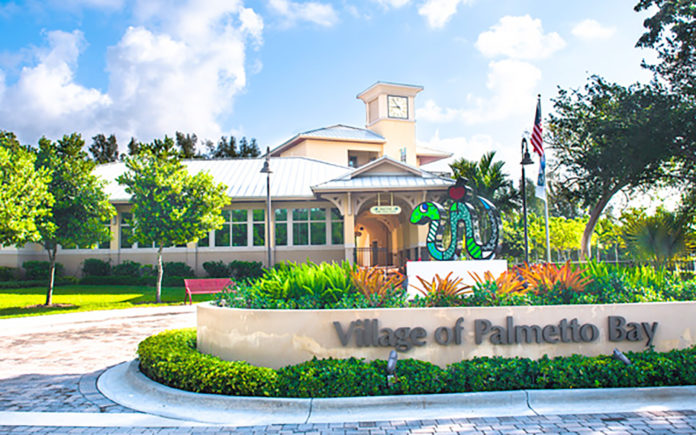|
Getting your Trinity Audio player ready...
|
 There are almost 8 billion people living on the planet and nearly every one of them has been impacted by COVID19. While some have been impacted by the effects of the virus itself, or have friends or family members who have been ill or died, almost all have experienced the impact of changes to the regular rhythm of our social, work and family lives. Many people are isolated from family, have interrupted work days (or have lost their employment completely) due to caring for school age children, ill family members or aging parents and are socially isolated from friends and neighbors that provided the “village” of support with childcare and other needs.
There are almost 8 billion people living on the planet and nearly every one of them has been impacted by COVID19. While some have been impacted by the effects of the virus itself, or have friends or family members who have been ill or died, almost all have experienced the impact of changes to the regular rhythm of our social, work and family lives. Many people are isolated from family, have interrupted work days (or have lost their employment completely) due to caring for school age children, ill family members or aging parents and are socially isolated from friends and neighbors that provided the “village” of support with childcare and other needs.
With so much uncertainty in our economy, employment, finances, relationships, and of course, our physical and mental health, most communities are looking to local, state and national leaders to set the course and the road to recovery and in many cases, the longer road to transformation. Together we will need to: Improvise. Adapt. Overcome.
Government: Government at all levels was slow to adapt and react to the pandemic. In a large part due to not having an understanding of the virus or a playbook to follow. Unemployment, small business loans and policy to help us recover has been the slowest in coming. It is likely we will continue to need policy interventions to support the economy. Government at every level has a unique opportunity to think about big policy changes that might not have been possible if we hadn’t been in this position.
Local Businesses: Small and big business alike will need to rethink the way they do their work. Many businesses are in that process right now. In fact, many businesses have said that they are just as or even more productive working digitally. But there are still a vast number of small businesses that will need to collaborate with communities to adapt. Finding ways to recover revenue, rebuild operations, rethink organizational structure, and accelerate innovative digital solutions should be something that we work hand and hand with businesses on and find ways of incentivizing.
Education: As businesses change the way they do business, so will the need for investing in our workforce and changing some of our educational curriculum. As the need for digital solutions for businesses increases so will the need for analytical and technical support and training of new vocational skills. Working to create partnerships for our schools that adapt to the changes in business modalities will be essential.
Healthcare: How and where patients receive medical care will likely change drastically and remain permanent as the industry transforms. Telemedicine, health insurance, nursing home care, and drug manufacturing will all ultimately change the way we receive services in the future.
So, what does the road ahead look like? I don’t think any one person can determine all that is needed to transform after the pandemic, but I do think that government, businesses, education and healthcare are likely to see big shifts. And while it is difficult to determine exactly what our world will look like when this pandemic has passed, it is apparent that we will need to improvise and adapt to overcome and transform our communities as we move forward to the next normal.






